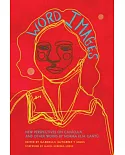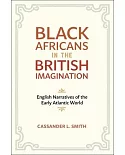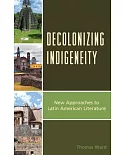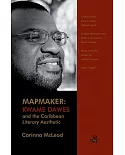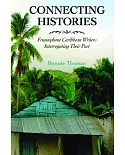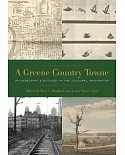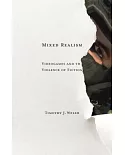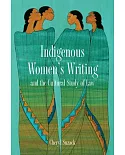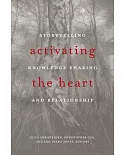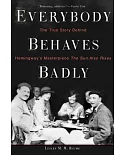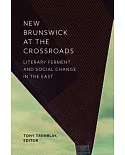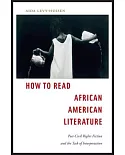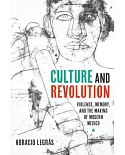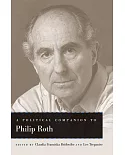"This is a powerful book! Reiland Rabaka shows how Du Bois produced, against all odds, an alternative epistemology to challenge the social scientific discourse of his period. And since the
`epistemic apartheid' remains firmly in place, we all would be well-served by understanding the Du Boisian episteme."---Eduardo Bonilla-Silva, author of White Logic, White Methods
"Although the life and work of W. E. B. Du Bois have in recent years begun to receive the attention they are due, Du Bois's radical sociology remains largely unrecognized. Du Bois was not only
a founder of the field and a radical practitioner but also a thunderous critic of sociology. He saw that the field's complacency in the face of human suffering, its collusion with oppression
and indifference to genocide, deeply undermined sociology's quest to understand social relationships and social structures. Against Epistemic Apartheid vindicates Du Bois as a theorist of an
alternative sociology, a field oriented to the darker peoples of the earth, to women, to the urban slum and rural poverty, to the prison and the school. In the spirit of Du Bois, Rabaka
questions the integrity of sociology. He understands Du Bois as an engaged scholar who---seeing the ways of power from outside, from the South and the East, so to speak---developed an
alternative sociology that we very much need today."---Howard Winant, University of California, Santa Barbara
"We, sociologists in particular, have long been waiting for deep scholarship on Du Bois. This book may well be the first of a new wave in that much-needed project---one that does more than make
clever allusion to Du Bois's two-souls poetry. Against Epistemic Apartheid seriously examines the critical traditions from Du Bois to Fanon and Foucault that expose the disciplinary decadence
of sociology and other human sciences."---Charles Lemert, author of Dark Thoughts: Race and the Eclipse of Society
In this intellectual history-making volume, multiple award-winning W. E. B. Du Bois scholar Reiland Rabaka offers the first book-length treatment of Du Bois's seminal sociological discourse:
from Du Bois as inventor of the sociology of race to Du Bois as the first sociologist of American religion; from Du Bois as a pioneer of urban and rural sociology to Du Bois as innovator of the
sociology of gender and inaugurator of intersectional sociology; and, finally, from Du Bois as groundbreaking sociologist of education and critical criminologist to Du Bois as dialectical
critic of the disciplinary decadence of sociology and the American academy. Against Epistemic Apartheid brings new and intensive archival research into critical dialogue with the watershed work
of classical and contemporary, male and female, black and white, national and international sociologists and critical social theorists' Du Bois studies. Against Epistemic Apartheid offers an
accessible introduction to Du Bois's major contributions to sociology and, therefore, will be of interest to scholars and students not only in sociology but also in African American studies,
American studies, cultural studies, critical race studies, gender studies, and postcolonial studies---as well as to scholars and students in "traditional" disciplines such as history,
philosophy, political science, economics, education, and religion.


